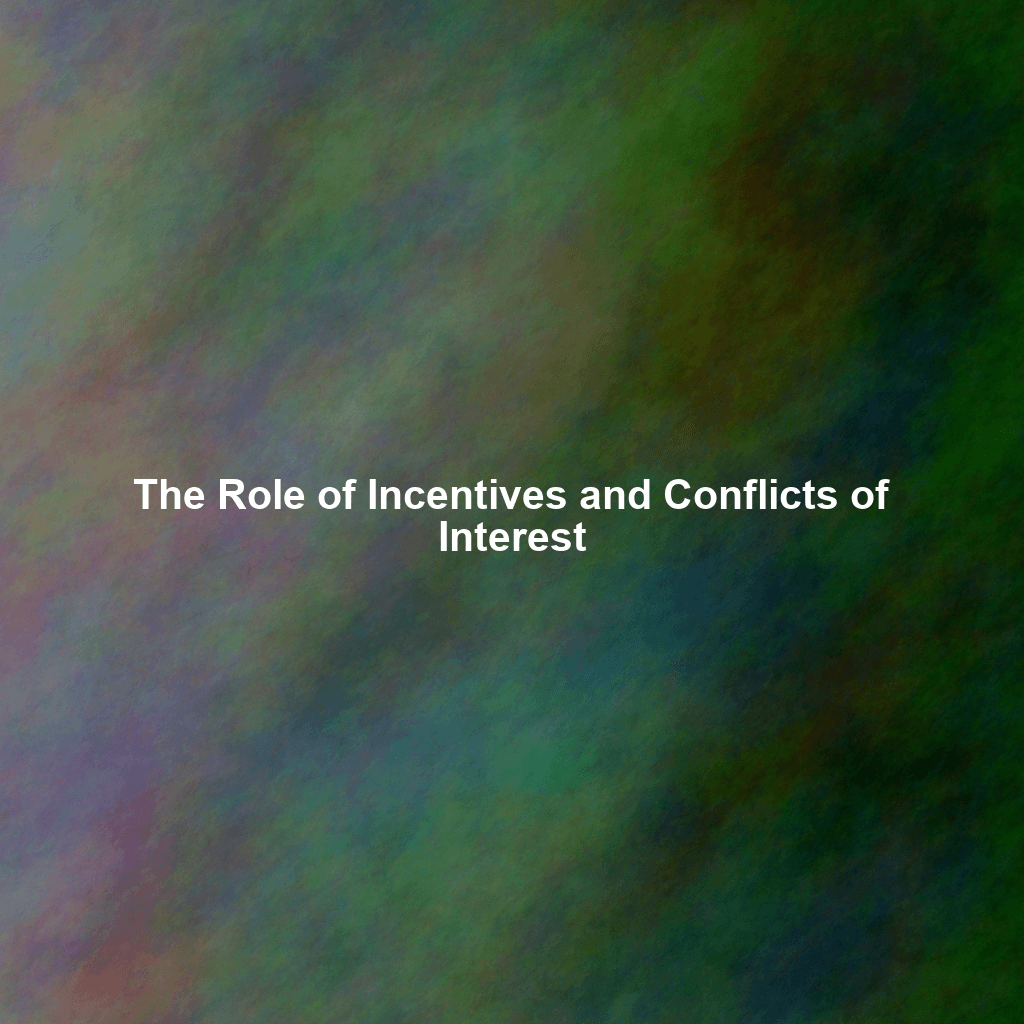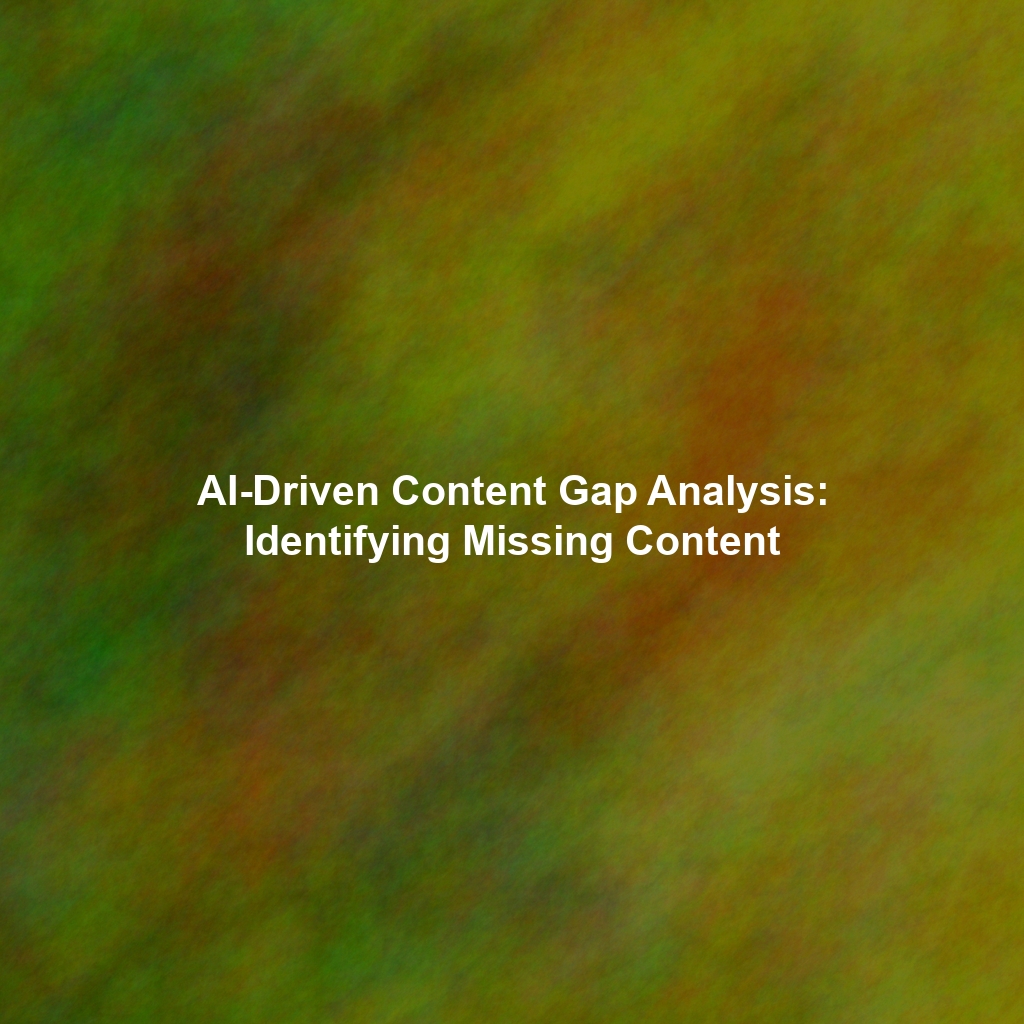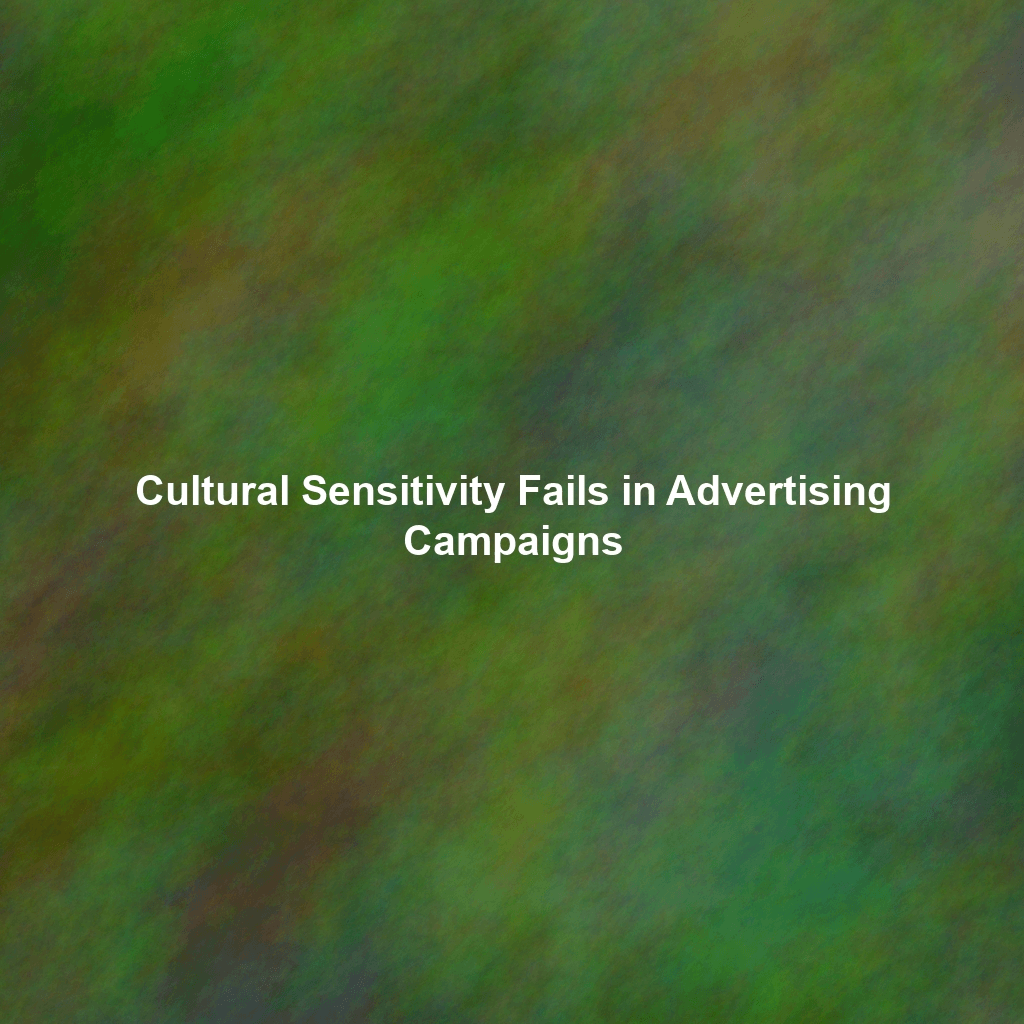We live in an age of information overload. From financial analysts predicting market trends to medical professionals recommending treatments, we constantly rely on experts to guide our decisions. But what if those experts aren’t entirely impartial? What if their pronouncements are subtly, or even blatantly, influenced by hidden agendas? This is where understanding the powerful role of incentives and conflicts of interest becomes absolutely crucial. They are the silent puppeteers, often shaping opinions and advice in ways that benefit the expert, sometimes at the expense of the truth, or your best interests.
Understanding Incentives: The Driving Force
At their core, incentives are simply motivations. They are the rewards, tangible or intangible, that encourage a particular behavior. While incentives can be a powerful force for good – motivating innovation, productivity, and positive change – they can also create situations where self-interest trumps objectivity. Understanding the landscape of potential incentives is the first step in critical evaluation.
Types of Incentives: A Spectrum of Motivations
Incentives aren’t monolithic. They come in many forms, each with its own potential to influence expert opinion:
- Financial Incentives: These are perhaps the most obvious. Salaries, bonuses, stock options, consulting fees, and research grants all represent financial incentives that can color an expert’s perspective. A pharmaceutical company-funded study, for example, might be more likely to highlight the benefits of a particular drug while downplaying its risks.
- Reputational Incentives: Reputation is currency in the expert world. The desire to maintain a positive image, gain recognition, or climb the professional ladder can influence an expert’s pronouncements. This can lead to “groupthink” where dissenting opinions are suppressed to maintain a harmonious consensus.
- Ideological Incentives: Experts are often driven by deeply held beliefs and values. These ideological commitments can shape their interpretation of data and their recommendations. While passion is admirable, it can also lead to confirmation bias, where evidence is selectively chosen to support pre-existing convictions.
- Career Advancement Incentives: The pursuit of promotions, tenure, or new job opportunities can also influence expert opinions. An academic, for example, might be tempted to publish research that aligns with the prevailing views of their department, even if it compromises their intellectual honesty.
- Personal Incentives: Sometimes, the most powerful incentives are personal. A desire for fame, influence, or even simply the satisfaction of being right can motivate experts to present information in a biased way.
The Tangled Web of Conflicts of Interest
A conflict of interest arises when an expert’s personal interests, whether financial or otherwise, could potentially compromise their objectivity and professional judgment. It doesn’t necessarily mean that the expert will act unethically, but it creates the potential for bias. Recognizing and understanding conflicts of interest is a vital skill in navigating the complex world of expert advice.
Identifying Conflicts: Unmasking Potential Biases
Spotting conflicts of interest can be challenging, as they are often deliberately concealed or subtly masked. However, here are some key areas to investigate:
- Funding Sources: Who is paying for the expert’s research, consulting, or speaking engagements? Transparency is key. Look for disclosures about funding sources in publications, presentations, and online profiles. A lack of transparency should be a red flag.
- Affiliations: What organizations or companies is the expert affiliated with? Do these affiliations create any potential conflicts of interest? For example, a scientist sitting on an advisory board for a company whose products they are evaluating.
- Ownership: Does the expert own stock in a company whose products or services they are recommending? This represents a direct financial incentive that could bias their judgment.
- Personal Relationships: Are there any personal relationships that could influence the expert’s opinion? For example, a doctor recommending a treatment developed by their spouse.
- Prior Publications and Statements: Has the expert previously expressed opinions on the topic at hand? Do these opinions align with their current recommendations? Inconsistencies might suggest a shift in allegiance or a change in incentives.
The Consequences of Ignoring Incentives and Conflicts
Failing to account for incentives and conflicts of interest can have significant consequences, both on a personal and societal level.
Personal Consequences
- Poor Decision-Making: Relying on biased advice can lead to flawed decisions in areas such as personal finance, healthcare, and career planning.
- Financial Losses: Following the recommendations of an expert with a vested interest can result in significant financial losses.
- Health Risks: Accepting medical advice from a doctor with a conflict of interest can jeopardize your health and well-being.
- Erosion of Trust: Consistently encountering biased information can lead to a general distrust of experts and institutions.
Societal Consequences
- Distorted Public Discourse: Conflicts of interest can contaminate public debates, making it difficult to discern truth from propaganda.
- Ineffective Policies: Policies based on biased expert advice can be ineffective or even harmful.
- Corruption: In extreme cases, conflicts of interest can lead to corruption and abuse of power.
- Reduced Innovation: When incentives stifle dissenting opinions, innovation can be stifled and progress hampered.
Navigating the Minefield: Strategies for Critical Evaluation
Recognizing the potential for bias is only the first step. You also need to develop strategies for evaluating expert advice critically and making informed decisions.
Cultivate a Skeptical Mindset
Approach expert opinions with a healthy dose of skepticism. Don’t automatically accept everything you hear or read. Ask questions, challenge assumptions, and demand evidence.
Seek Multiple Perspectives
Don’t rely on a single source of information. Consult multiple experts with different backgrounds and perspectives. Look for areas of agreement and disagreement.
Examine the Evidence
Evaluate the evidence presented by the expert. Is it based on rigorous research? Are the conclusions supported by the data? Be wary of anecdotal evidence or selective reporting.
Assess the Expert’s Credentials
Check the expert’s credentials and qualifications. Do they have the necessary expertise to speak on the topic at hand? Be wary of experts who lack relevant experience or training.
Look for Transparency
Prioritize experts who are transparent about their funding sources, affiliations, and potential conflicts of interest. A lack of transparency should be a major red flag.
Consider the Source
Evaluate the credibility of the source providing the information. Is it a reputable organization or a biased advocacy group?
Understand Statistical Significance vs. Practical Significance
Just because a study finds a statistically significant result, it doesn’t mean the result is practically meaningful. A drug might be shown to reduce symptoms, but only by a tiny amount that’s not noticeable to the patient. Always consider the magnitude of the effect.
Be Aware of Cognitive Biases
Recognize your own cognitive biases, such as confirmation bias and anchoring bias. These biases can influence your interpretation of information and your decision-making process.
Trust, but Verify
The old adage applies perfectly here. Start by giving experts the benefit of the doubt, but then actively seek out information that can confirm or deny their claims. Don’t be afraid to do your own research.
Conclusion: Empowering Yourself Through Critical Thinking
In a world saturated with expert opinions, the ability to critically evaluate information and identify potential biases is an essential skill. By understanding the role of incentives and conflicts of interest, you can become a more informed consumer of information, a more discerning decision-maker, and a more engaged citizen. Don’t blindly accept what you’re told. Question, investigate, and empower yourself through critical thinking. Only then can you navigate the complex landscape of expert advice and make choices that are truly in your best interest. It’s not about dismissing expertise altogether, but rather about approaching it with a discerning and informed perspective.
 Skip to content
Skip to content

